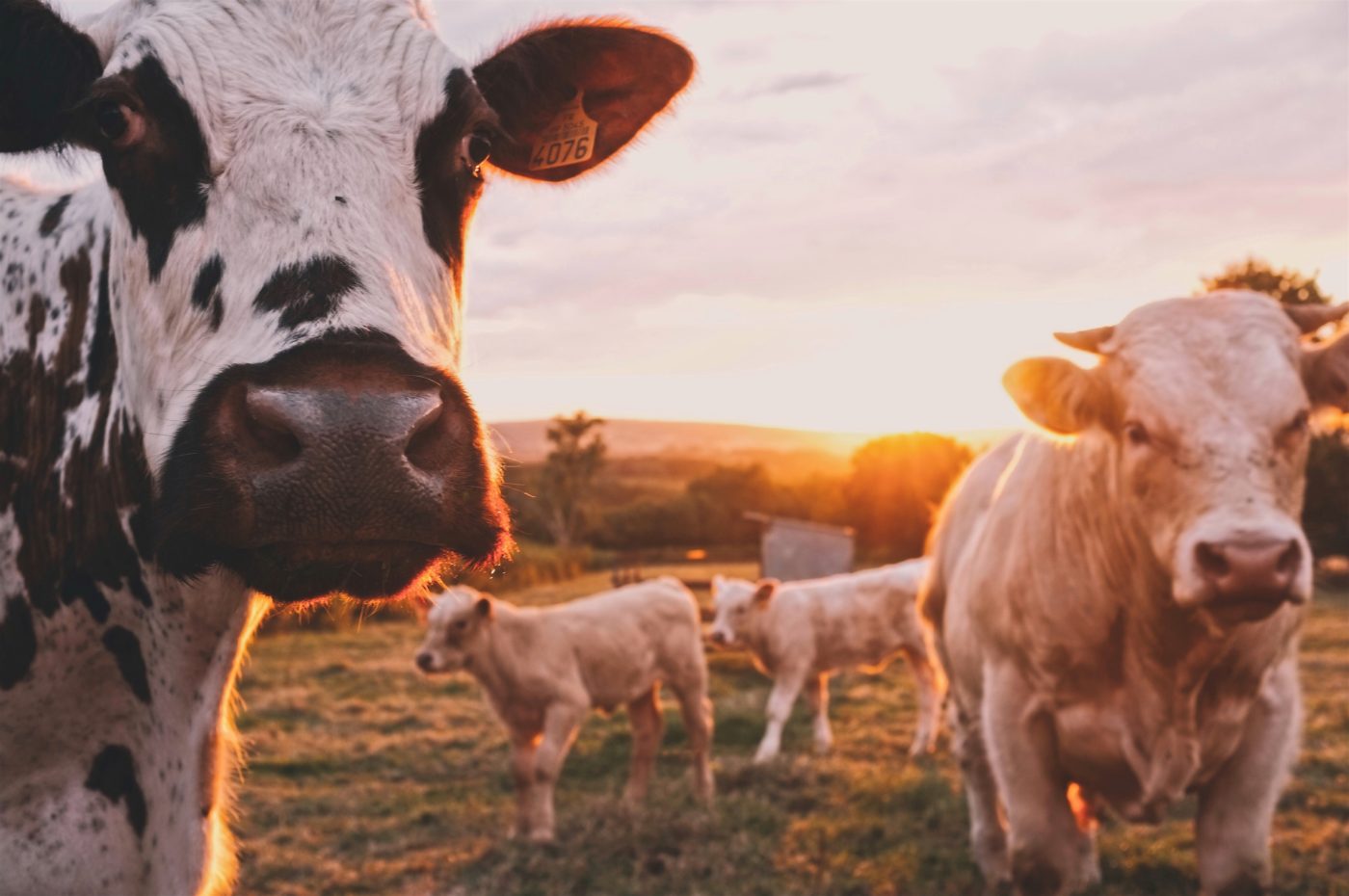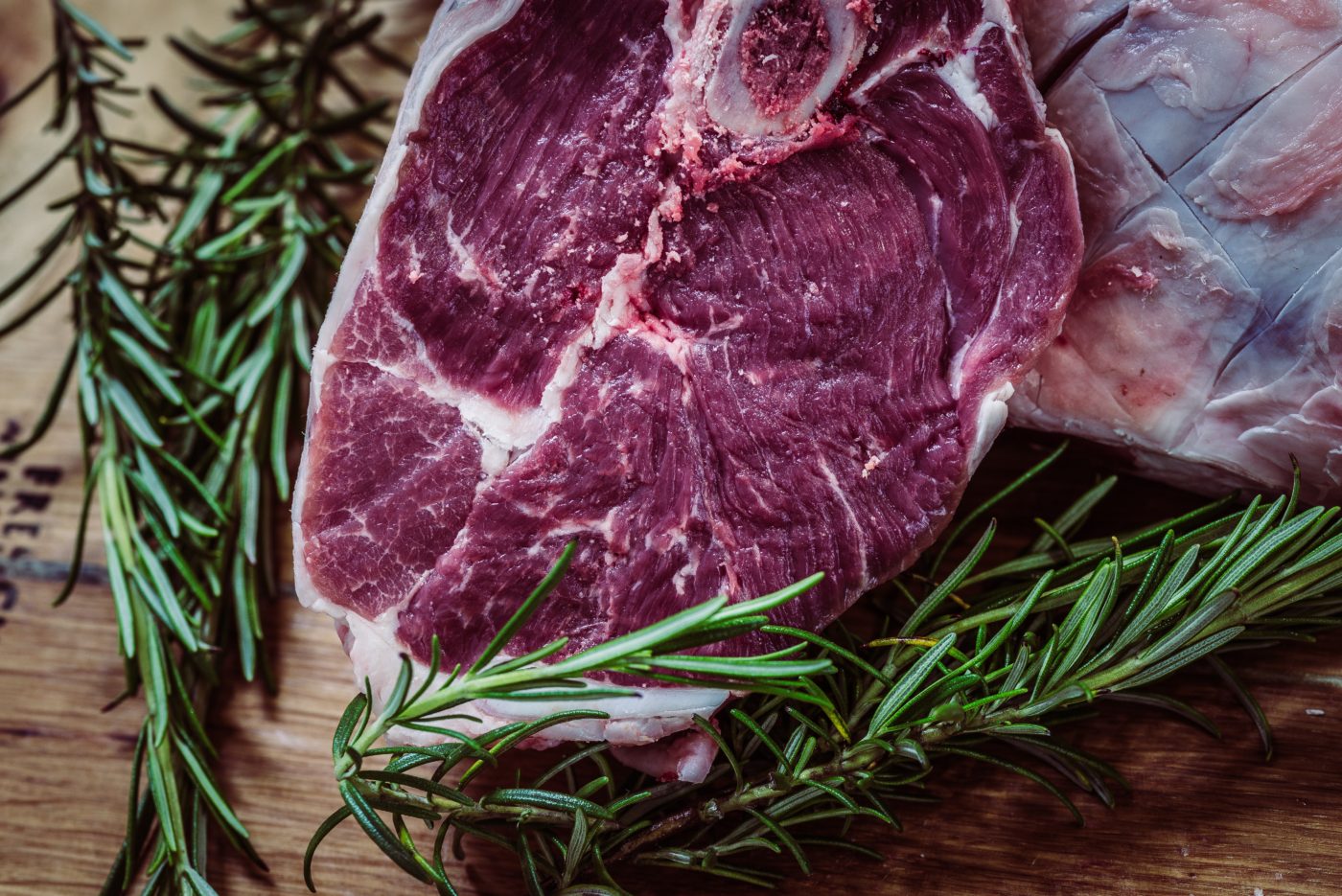Advertisement feature

Photo by Stijn te Strake on Unsplash
Have you noticed the number of advertisements stating their meat is “organic,” “free-range,” “grass-fed,” or “hormone-free?” Chances are you’ve noticed these labels and either choose to exclusively buy them or completely avoid them due to their relatively high cost compared to commercially-sourced alternatives.
Believe it or not, these labels do have an effect on the quality of meat you’re buying which can adversely affect your family’s health far down the road. We’re going to look at how you should choose your meat, why you should care, and how it affects your family’s health.
Keep reading for more information!
Where Meat is Sourced
In an ideal world, all chickens, cows, pigs, goats, and other sources of meat would be free-range and able to eat according to their natural diets. Unfortunately, commercial farming has negatively impacted the way these animals are raised by altering their food intake, administering hormones and antibiotics, and generally giving livestock a poor quality of life. This results in low-quality meat that can potentially harm your family. On the other hand, an organic farm will allow animals to eat what they would in the wild, openly roam fields, and lead healthy lives without the use of unnatural additives and unnecessary hormones. These natural conditions allow for a much higher quality of meat which in turn is far healthier for you and your loved ones.
To ensure your meat is coming from a healthy source, you will need to do a bit of digging and realize that high quality may mean a slightly higher price. Whether you choose to buy your meat locally or order it online, here are a few questions to consider before making your purchase:
- What is in your farm’s chicken feed?
There can be a variety of proper answers for this question but it should likely include what they eat naturally: green plants, seeds, worms, corn, and legumes. If the answer is overly vague it probably means less nutritional, commercial feed is being used. - What do the pigs eat?
Ideally, pigs will eat organically grown barley, grasses, legumes, and tree nuts. Peas and oats are great as well if they are also organically grown. The goal is to stay away from as many chemicals as possible! - Are your cows grass-fed?
The answer to this question should be a resounding yes! The majority of commercial farms have started feeding their cows grain because it is cheap and cows love it. However, a diet consisting of nothing but the grain will change the composition of the meat and ultimately lower the quality of beef. - What happens to sick animals?
The answer that you are looking here for has many variations but none of them include antibiotics. With proper farming techniques, animals shouldn’t be getting sick all that often. - Where does the animals’ water come from?
A farm’s water source is important: a shallow water source could mean that it is easily contaminated by chemicals or sewer runoff. In addition to asking where the water comes from, it is wise to ask if the farm tests the water regularly. - When can you visit?
This may sound like an odd question, but if an organic farm is truly being transparent they will actually encourage you to come by and even take a tour!
Each of these questions can give you an idea of how healthy the farm’s animals are and whether or not you should spend the extra money buying their “organic” (or in many cases, not so organic) meat. When all of your questions are answered to your satisfaction, you can feel safe knowing that your meat is being sourced safely and ethically.
Benefits of Choosing Organic Meat

Photo by Jez Timms on Unsplash
Many people choose to ignore whether or not their diet is organic. If you aren’t sure if spending the extra money on organic produce is worth it, you can be certain that organic meat is absolutely important for your health.
Aside from tasting better, organic meat contains more conjugated linoleic acid (CLA) and Omega-3s. Although there is minimal research on the benefit of CLA in humans, there is evidence that it can reduce the risk of breast cancer.
Additionally, the unsaturated fatty acids (Omega-3) is linked to a lower risk of diabetes, lower risk of heart attack or stroke, and an overall healthier body weight.
On the other side of the spectrum, meat that is commercially produced with hormones and antibiotics has been linked to higher rates of cancer. These hormones are also suspected to be responsible for children reaching puberty at younger ages.
Though the link to hormones and early puberty has yet to be proven, many countries (including those in the European Union, Japan, Canada, and Australia) have banned all meats containing hormones. The United States has yet to follow suit so many commercial farms are still getting away with this practice.
No Price on Health
The cost of organic, free-range, antibiotic/hormone-free meat may be higher than what you’re used to paying at any big-name grocery store. However, opting for these healthier choices can help save your family a bundle in healthcare costs in the long run.
You might also find that once your diet consists of a healthy balance of fruit, vegetables, and organic meat that you have higher energy levels and may even lose a bit of weight. Overall, this simple change can help make you and your family healthier and happier – while only adding a relatively small cost to your grocery budget.
